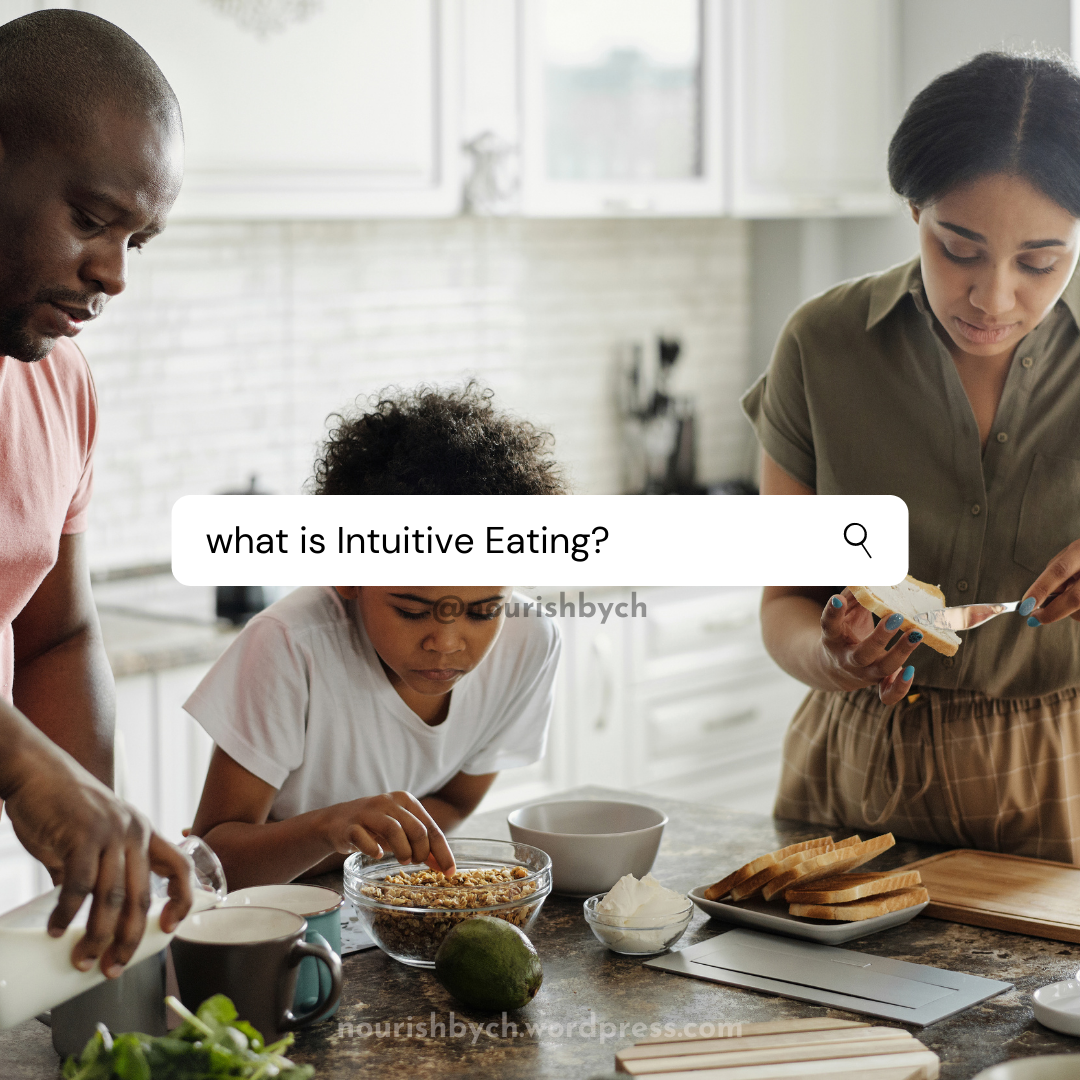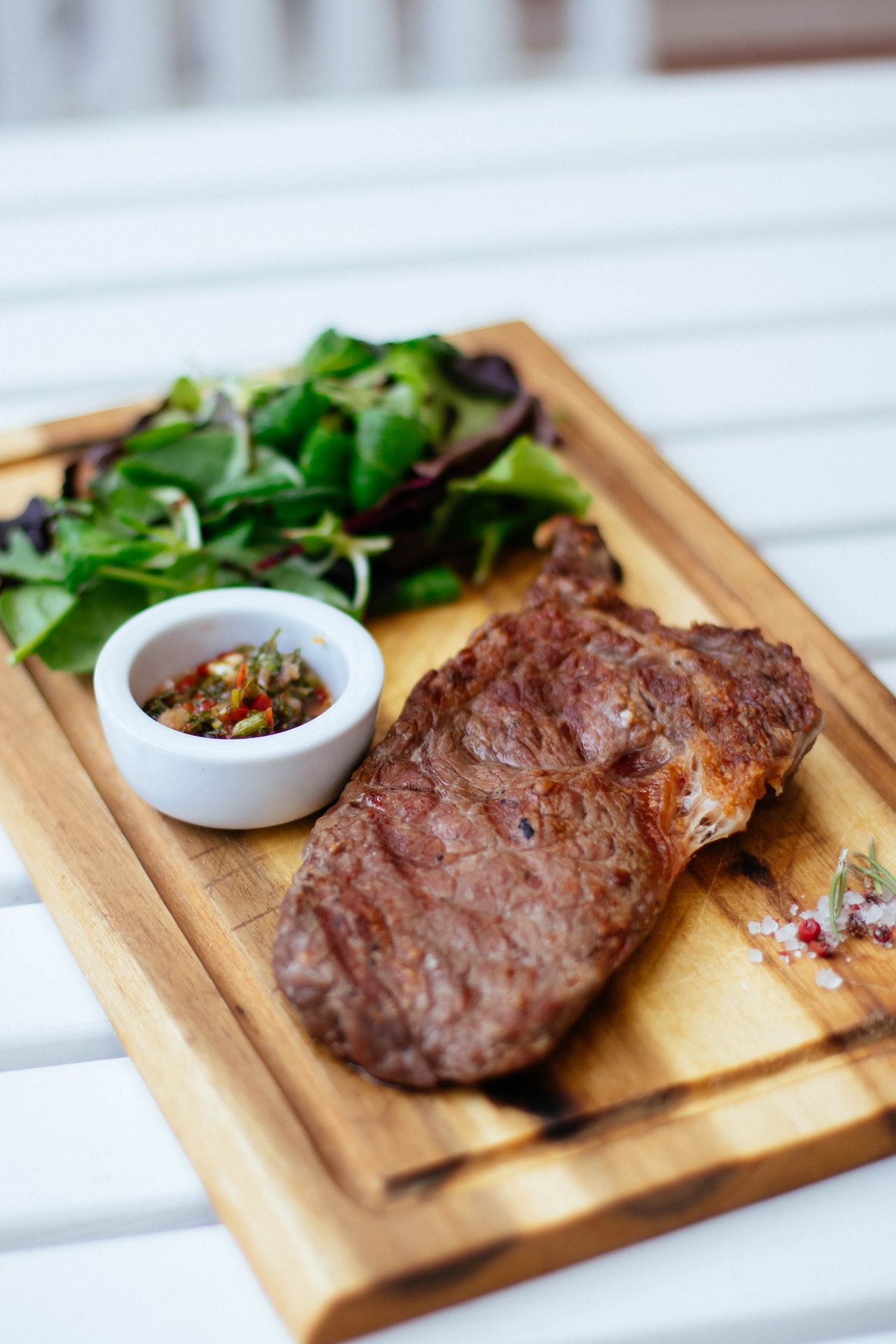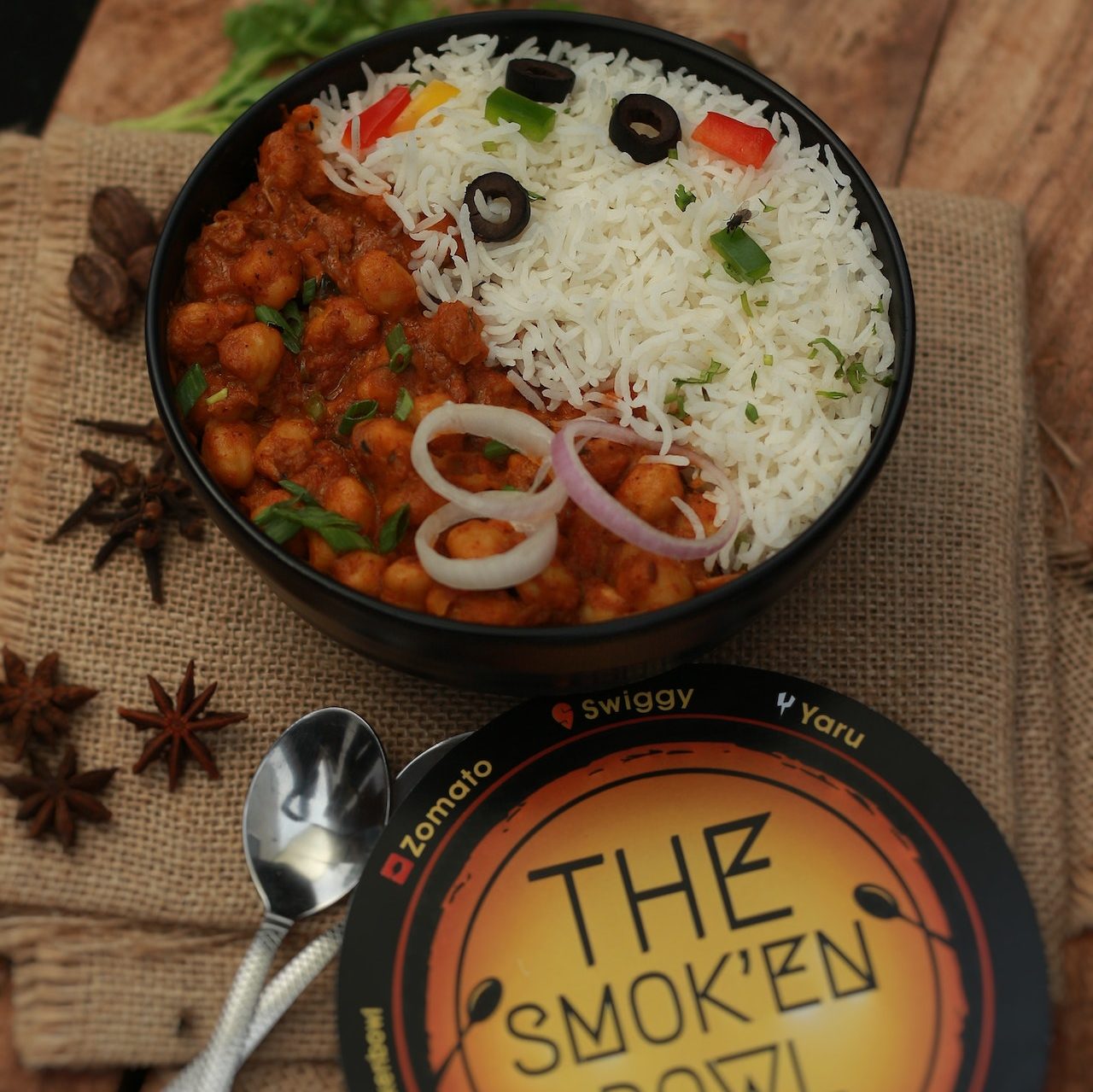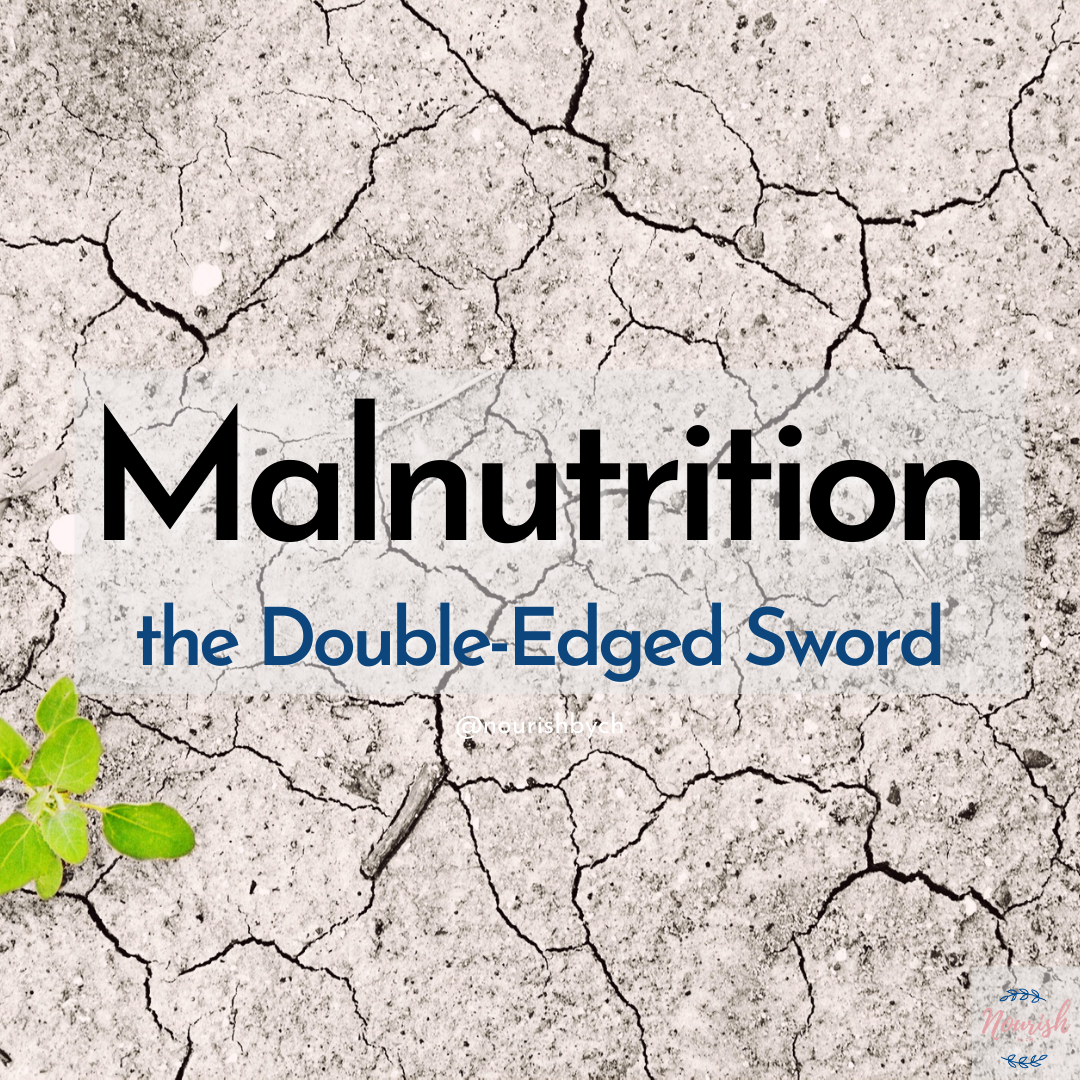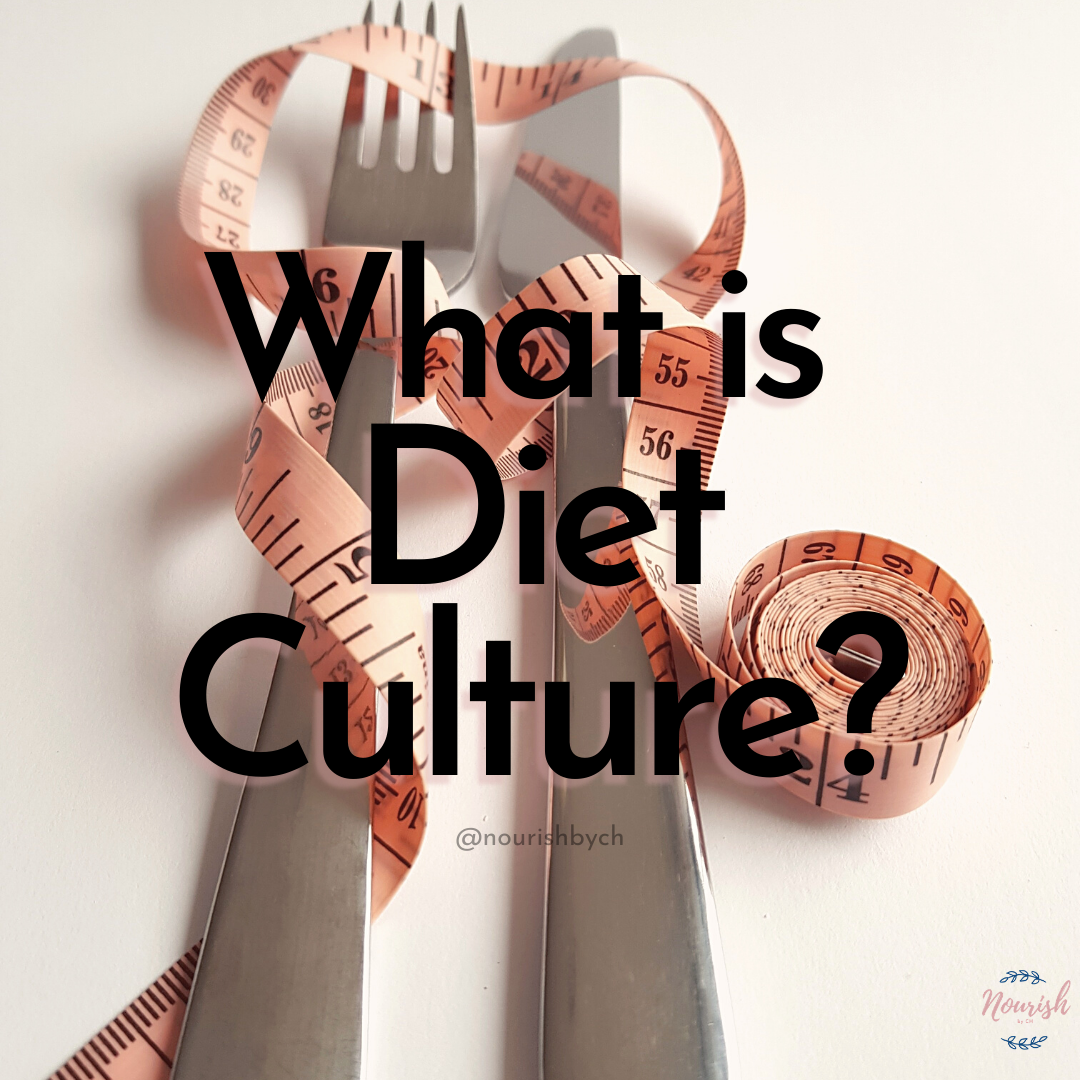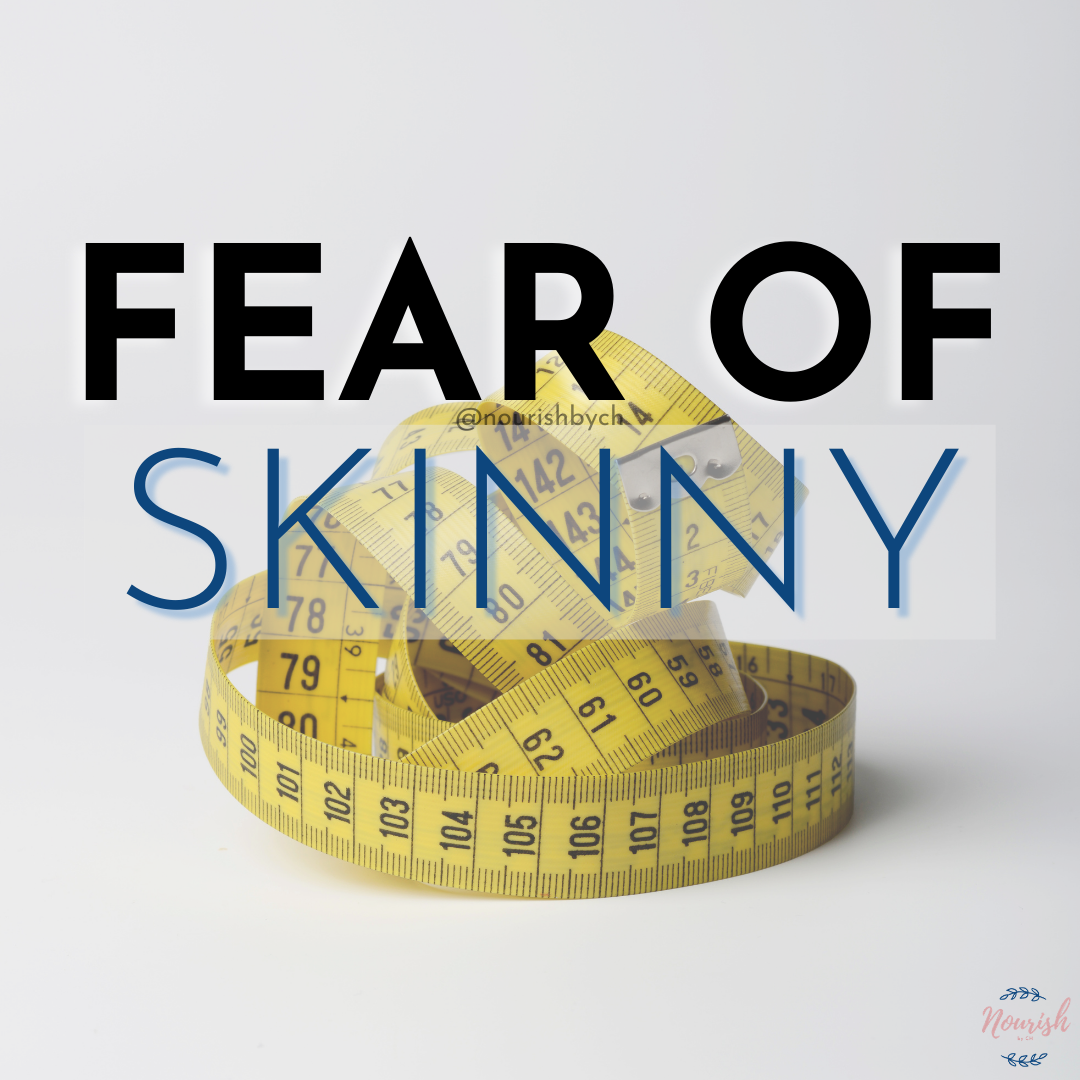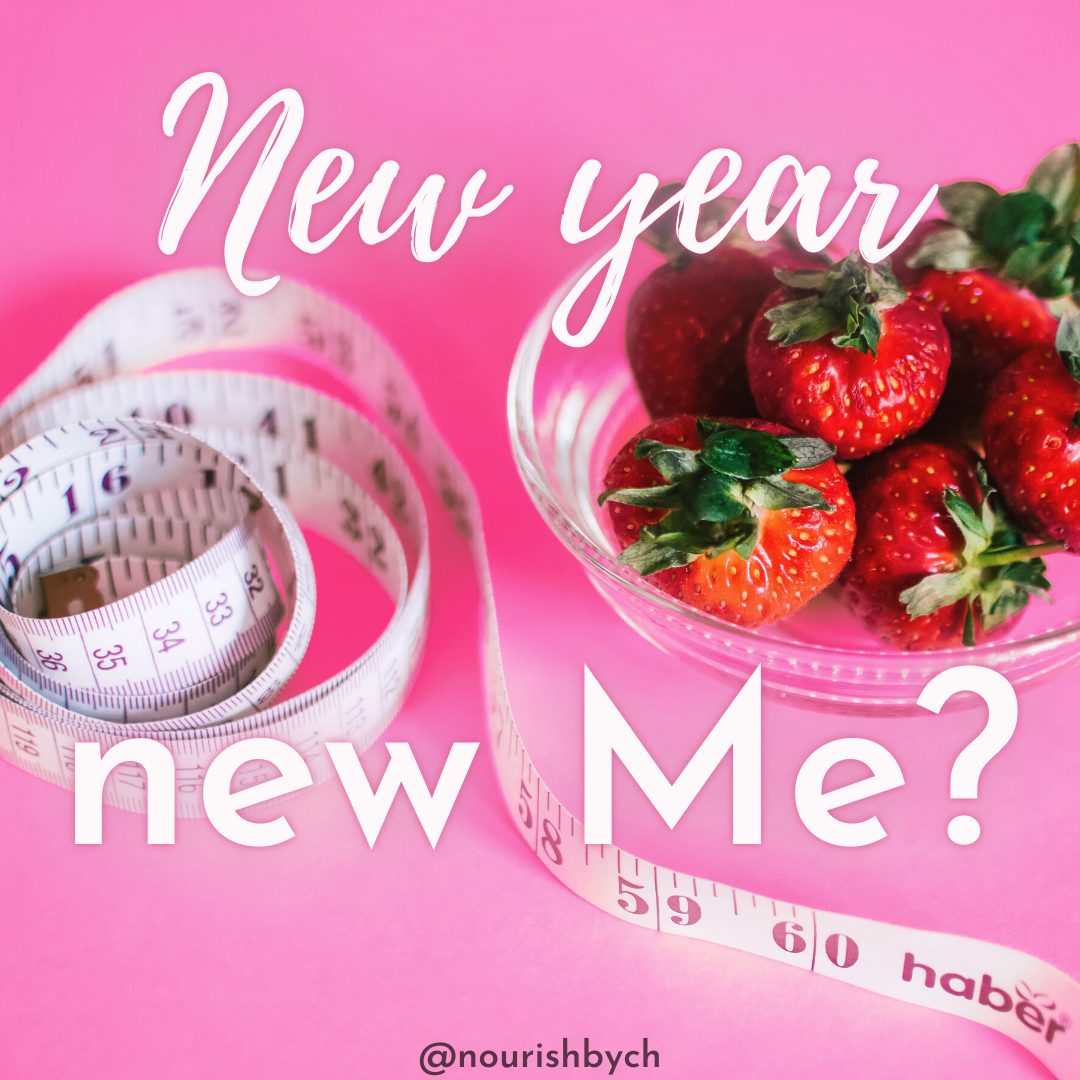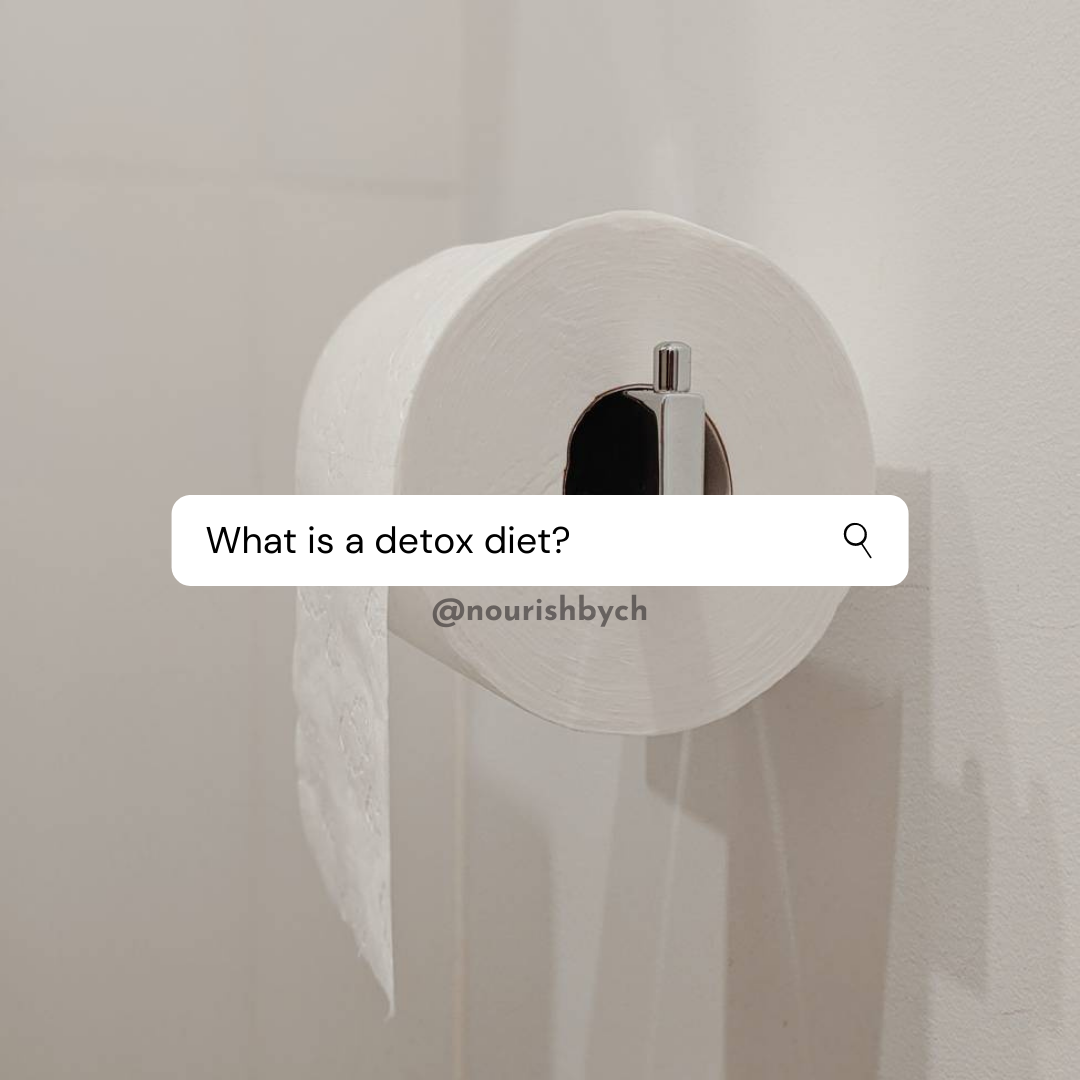I found this post really hard to write because my perfectionist’s brain doesn’t want to oversimplify, overcomplicate, or offend anyone. It’s literally been sitting in drafts since November. I asked you guys if you wanted to hear an account of my relationship with food and weight on my IG and you said yes…so here goes! Feedback is welcomed, just be kind with it.
Culture
In my culture women are viewed as more beautiful when they have a bit more “meat” on their bones. So, when the phrase “thin privilege” was mentioned to me some time ago, I was baffled as to what it referred to. I looked it up and it got me thinking… about my own experiences with weight, culture and societal norms from my perspective, as a thin person. I’ve come to understand that you can be healthy at any weight or size. And I hope to discuss this point of view as respectfully as possible.
From a very young age, I have been called skinny, bone bird, boney, and other things related to my size. I remember wondering if I’d ever get any bigger, especially as I grew taller. Instead, I was constantly reminded of my size, but at least I was healthy. Yet as I reached my teens, there was this ideal which I hoped I would fit into eventually.
Read More »No, Not Every Culture Sees Thin As Beautiful. Mine Didn’t. 
